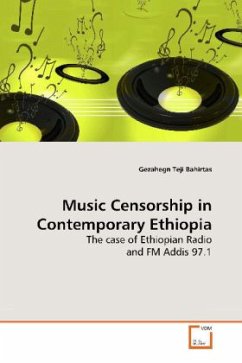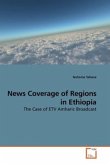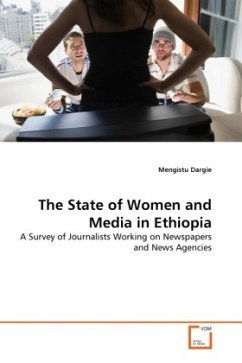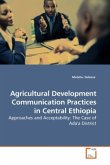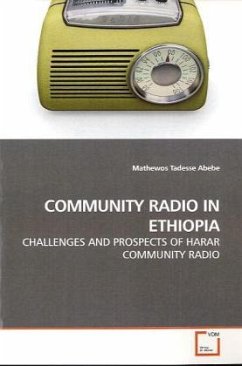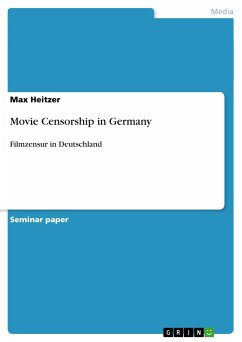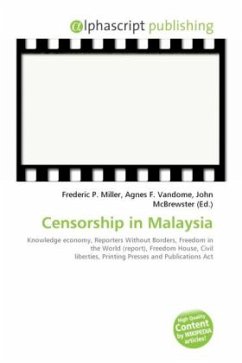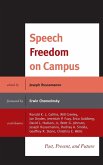In Ethiopia, music is an essential form of expression that portrays feelings of the people and documents their history. However, it has been subjected to various censorial agents. This monograph, therefore, explores the kind of songs banned; the censorial agents; the rationale of censorship; and the practice of censorship in radio stations. The study challenges the practice of music censorship in light of the FDRE Constitution which guarantees the abolishment of any form of censorship on the basis of content or point of view expressed. Officials, journalists, DJs, music editors, lobbying and religious groups, and music producers are found to be active agents censorship. Music is censored to circumvent retribution, to satisfy bosses and to be perceived as caretakers of government s ideology . Hence, self-censorship overrides other types of censorship, i.e. official, unofficial, and market censorship. Music which contravenes the rights enshrined in the constitution; undermines religions and ethnic groups; perceived as politically incorrect and allegedly supporting opposition parties; carries explicit sexual language; or promotes ex-regimes; therefore, is liable to banning.

